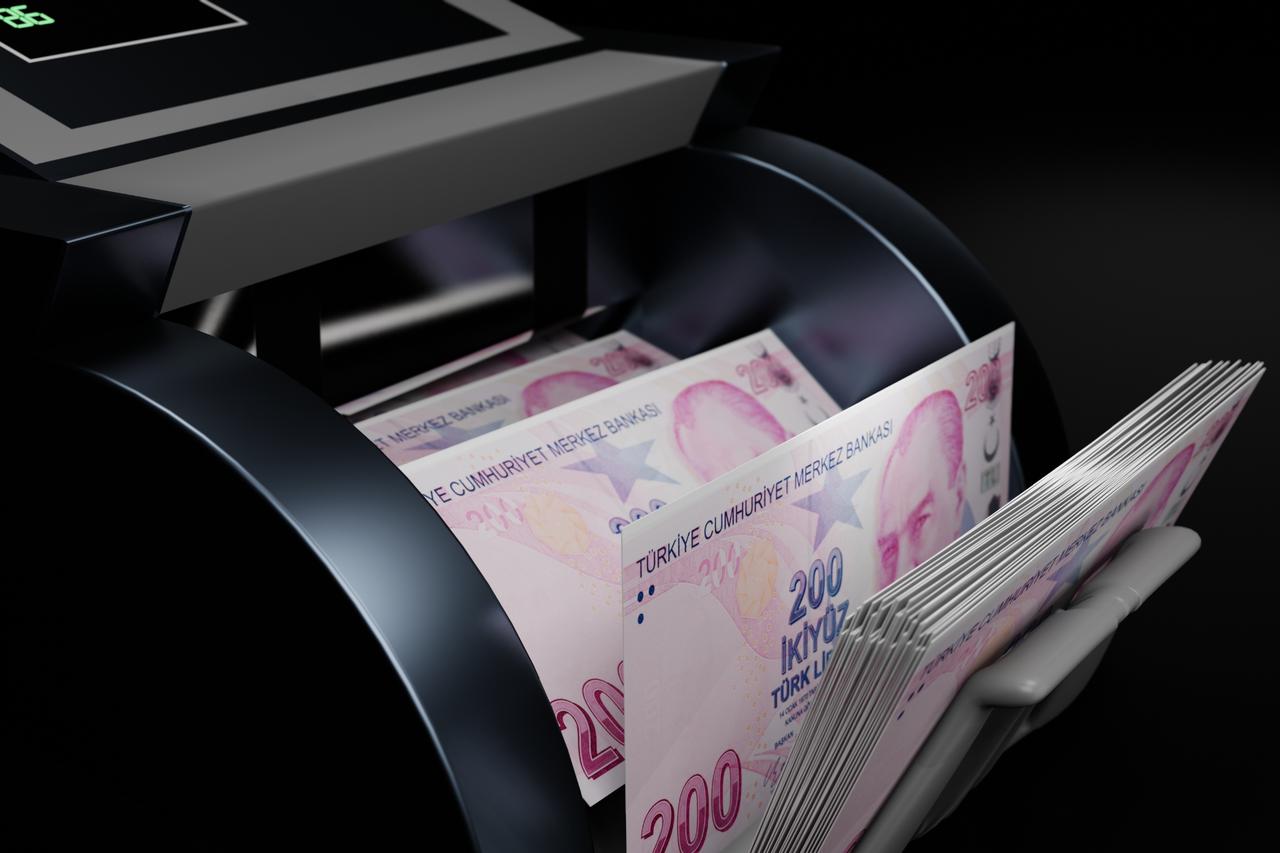
Türkiye’s central government budget recorded a deficit of ₺309.6 billion ($7.39 billion) in September, according to figures released by the Treasury and Finance Ministry. In the previous month, the budget had posted a surplus of ₺96.7 billion.
The non-interest deficit—which excludes debt-servicing costs—stood at ₺73 billion for September, the data showed. Budget revenues increased 22.8% year-over-year to ₺1.02 trillion, while expenditures grew 42.8% to ₺1.33 trillion.
Budget spending in September climbed from ₺932 billion a year earlier to ₺1.33 trillion, an increase of 42.8%.
Between January and September, total central government expenditures amounted to ₺10.22 trillion ($29.15 billion), while revenues reached ₺9 trillion, resulting in a cumulative deficit of ₺1.22 trillion. Excluding interest payments, expenditures rose 37% year-over-year to ₺8.56 trillion, producing a non-interest surplus of ₺445.1 billion for the nine-month period.
Thus, 69.4% of the ₺14.73 trillion full-year budget allocation for 2025 had already been used by the end of the third quarter.
Non-tax revenues under the general budget increased 34.5% to ₺112.43 billion in September.
Tax revenue collection rose 51% compared with the same period last year, reaching ₺7.75 trillion in the first nine months of 2025. Non-tax revenues under the general budget increased 26.9% to ₺1.01 trillion.
Among individual tax categories, income tax revenues saw the largest jump, up 91.6% year-on-year. Corporate tax revenues increased 28%, while value-added tax (VAT) on domestic goods and services rose 59.2%. The special consumption tax, which applies mainly to fuel, tobacco, and vehicles, grew 39.6%, and banking and insurance transaction taxes climbed 65.4%.
Meanwhile, import-related VAT revenues were up 26.2%, stamp duties rose 52.8%, fees increased 65.5%, and other tax revenues advanced 46.2%.